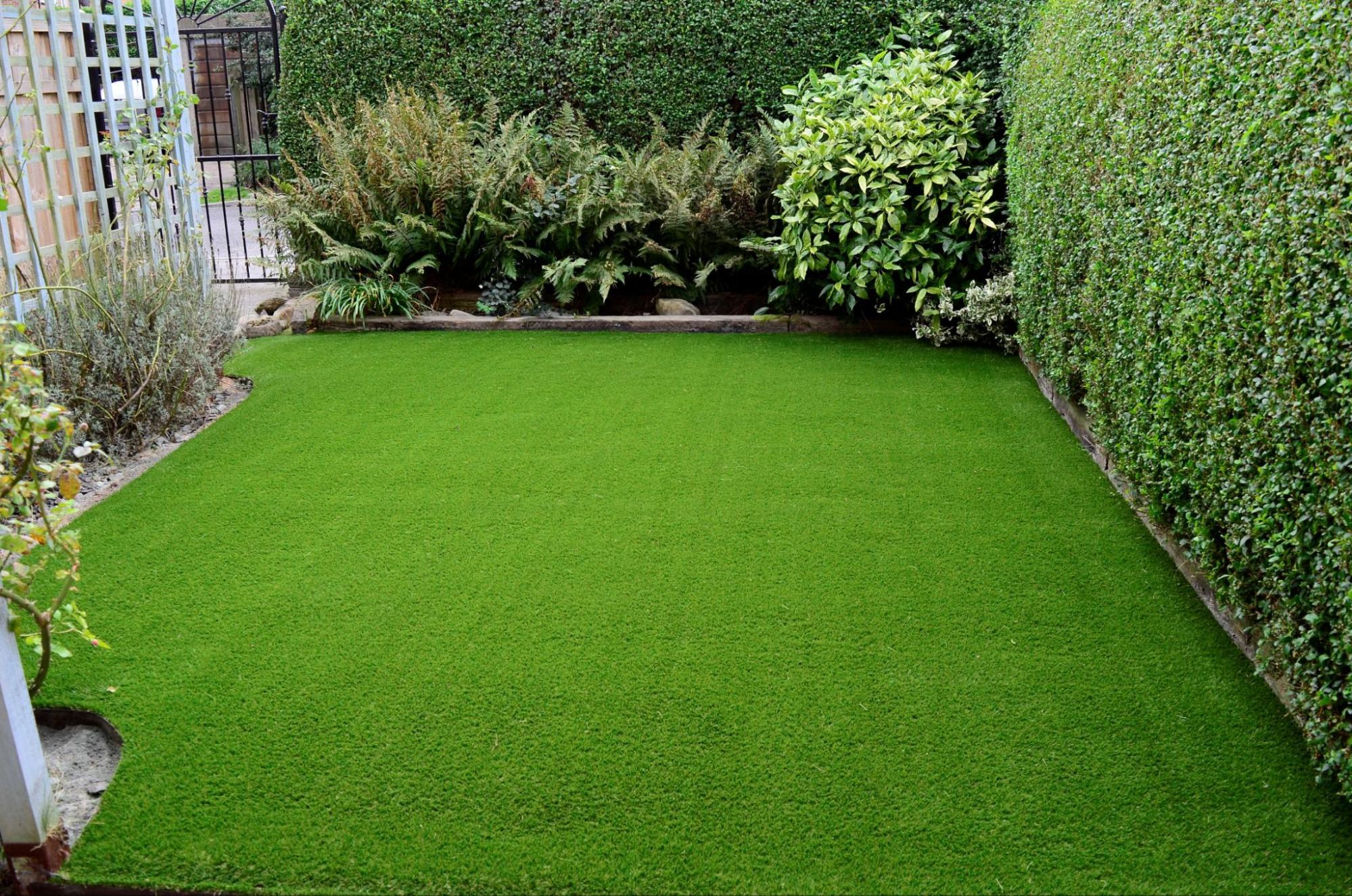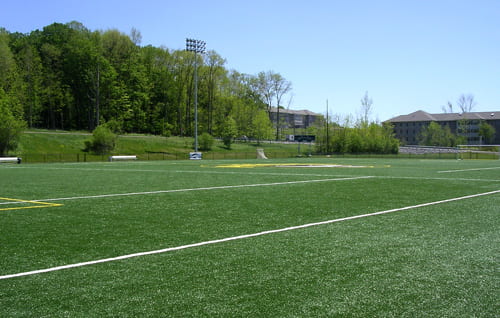Delve Into the Environmental Conveniences of Opting for Artificial Lawn Solutions
The adoption of fabricated lawn services presents an engaging opportunity to resolve pushing ecological challenges. By dramatically lowering water usage and lessening the application of harmful chemicals, these options not only advertise sustainable landscape design however additionally secure neighborhood environments.
Water Conservation Perks
One of the most considerable benefits of synthetic grass is its capability to conserve water. In comparison, fabricated lawn does not require watering, substantially lowering the total need for water sources.
By getting rid of the need for normal watering, man-made turf adds to sustainable landscape practices and aids mitigate the ecological effect of excessive water usage. The preservation of water extends to the reduction of overflow, which can lead to dirt disintegration and river air pollution.
Additionally, the setup of artificial turf enables communities and homeowners to allot water sources more effectively, concentrating on crucial uses such as drinking water and farming. The change in the direction of synthetic grass not only promotes liable water usage but likewise lines up with wider ecological objectives targeted at maintaining natural sources.
As neighborhoods progressively prioritize sustainability, the water preservation advantages of synthetic grass provide an engaging instance for its fostering in commercial and residential landscaping projects.
Reduced Chemical Usage
The transition to man-made grass substantially reduces the reliance on chemical therapies commonly utilized in natural turf upkeep. Standard lawn administration normally entails the application of pesticides, plant foods, and herbicides to advertise growth and control insects. These chemicals can pose dangers to human health, neighborhood wildlife, and the setting, adding to dirt and water contamination.
In contrast, synthetic grass eliminates the demand for these dangerous compounds. As soon as mounted, it requires very little maintenance, mostly including routine cleaning and seldom infill replenishment. This decrease in chemical use not only profits the immediate atmosphere yet also adds to broader environmental stability. By lessening the release of artificial compounds right into the community, synthetic grass promotes much healthier dirt and water systems.
In addition, the absence of chemical runoff connected with synthetic grass installations helps safeguard regional rivers from contamination, sustaining water life and keeping biodiversity. Artificial turf companies phoenix. As neighborhoods progressively focus on lasting techniques, selecting fabricated lawn offers a sensible remedy that straightens with ecological preservation objectives. With this shift, homeowner can delight in rich green rooms without endangering eco-friendly health and wellness, paving the way for a much more sustainable future
Lower Carbon Impact

Moreover, the installment of synthetic grass can result in significant water conservation. Natural grass require significant quantities of water for irrigation, which not just includes to the carbon footprint connected with water extraction and treatment however additionally strains regional water sources. On the other hand, artificial grass requires marginal upkeep, requiring no watering, consequently significantly minimizing water use and its associated energy More Info prices.
In addition, the longevity of synthetic grass adds to its reduced carbon effect. With a lifespan of approximately 15 years or more, the demand for constant substitutes is decreased, causing much less waste and reduced power intake in manufacturing and dealing with traditional lawn choices. Overall, synthetic grass presents a lasting alternative for eco conscious landscaping.
Environment Preservation
Environment conservation is a critical consideration in the debate over landscaping selections, specifically when contrasting man-made grass to all-natural lawn. Natural grass lawns frequently require considerable upkeep, consisting of using herbicides, plant foods, and chemicals, which can adversely influence regional environments. These chemicals can leach right into the soil and waterways, damaging native vegetation and fauna and interrupting regional habitats.
On the other hand, man-made grass presents an opportunity to reduce the eco-friendly footprint of landscape design. By deciding for artificial yard, home owners can minimize the disturbance of natural habitats connected with typical grass treatment practices. Synthetic grass removes the demand for harmful chemicals, thereby protecting neighboring wild animals and keeping the stability of surrounding communities. Additionally, the installment of synthetic grass can result in the conversion of former lawn locations into more biodiverse landscapes, such as pollinator gardens or native plant locations, which can sustain neighborhood wildlife.
Ultimately, the transition to synthetic grass not just saves water and minimizes upkeep efforts but also fosters an extra unified connection between human activities and the natural setting, advertising habitat preservation in the process.
Long-Term Sustainability
Lasting sustainability is an essential element in examining the benefits of man-made grass over traditional turf lawns. Among one of the most significant advantages of fabricated grass is its resilience; it can last up to 15-20 years with marginal maintenance, whereas all-natural turf calls for constant reseeding and replacement. This long life lowers the demand review for continuous resources, such as water, fertilizers, and chemicals, which are crucial for keeping a healthy and balanced grass yard.
In addition, artificial turf adds to a reduction in carbon emissions related to grass treatment equipment. Typical lawns typically need gas-powered mowers, trimmers, and blowers, every one of which add to air contamination. Arizona artificial turf. On the other hand, synthetic grass gets rid of the demand for such devices, promoting a cleaner environment
Additionally, the production of synthetic grass progressively makes use of recycled materials, improving its sustainability account. As manufacturers embrace environment-friendly practices, the environmental impact of artificial grass continues to lessen.

Conclusion
The fostering of synthetic grass options presents substantial environmental advantages, consisting of substantial water conservation, lowered reliance on dangerous chemicals, and a lower carbon impact. Synthetic lawn aids in maintaining all-natural environments by lessening land disturbance and promoting long-term sustainability via the usage of sturdy materials. Collectively, these factors underscore the potential of artificial turf to contribute favorably to environmental health and wellness and supply a practical option to conventional landscaping practices in a significantly resource-conscious world.
In comparison, synthetic turf does not Full Article require watering, significantly decreasing the overall demand for water resources. By minimizing the release of artificial compounds right into the community, artificial lawn promotes much healthier soil and water systems.
In addition, the setup of artificial grass can result in substantial water preservation. In contrast, man-made turf needs marginal maintenance, calling for no watering, thereby substantially decreasing water use and its associated power prices.
